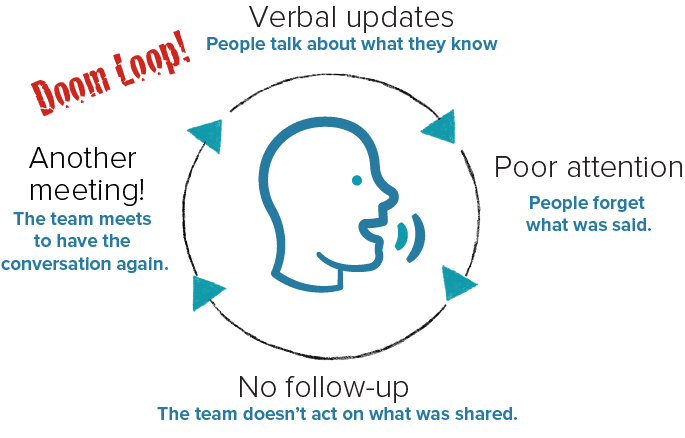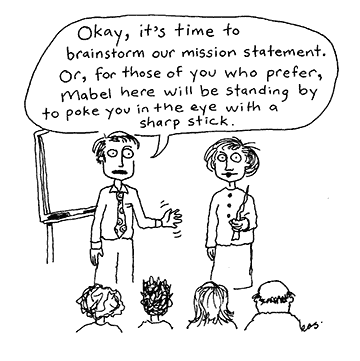Talking Across Differences
How do you meet respectfully with people you don’t understand or agree with?
As we go into the holidays and strategic planning season, we have so many opportunities to bridge the chasms between us. But how?
We embraced this conversation in a recent webinar. Here you’ll find the recording, highlights from our discussion, and loads of helpful links.
Our Panelists
Jo Ilfeld PhD

Jo is the CEO of Incite to Leadership, www.incitetoleadership.com, where she coaches executives and teaches Leadership Intelligence. Hear Jo’s story starting at 4:17

Jo recommends Crucial Conversations by Kerry Patterson, Joseph Grenny, Ron McMillan, and Al Switzler
Nancy Settle-Murphy

Nancy is the CEO of Guided Insights, www.guidedinsights.com, where she helps teams work remotely and across cultures. Hear Nancy’s story starting at 7:19
Nancy recommends:
- The Culture Map by Erin Meyer
- Facilitating Uphill by Ingrid Bens
- Radical Candor by Kim Scott
- Inclusion Starts with “I”, a 3-minute video by Accenture about the many ways unconscious bias plays out in our work environment (in the spirit of being inclusive)
Jenn Graham

Jenn is the CEO of Civic Dinners, www.civicdinners.com, where she brings community members together over dinner to talk about hard-to-talk-about topics. Hear Jenn’s story starting at 11:25
Jenn recommends:
- Brené Brown – so much good work here.
- Gandhi Institute for Nonviolence
- King Center
- The Center for Nonviolent Communication
Question 1: How do you prepare for a challenging conversation?
Conversation starts at 17:55
- Create a welcoming environment by:
- Offering food. Food = love for so many people.
- Acting as a welcoming host.
- Giving people something to do with their hands (small toys, thinking putty, pipe cleaners)
- Land people in the room. Bring them together with an icebreaker or other opening activity.
- Establish clarity of purpose and goals, making sure you’ve set a positive frame.
- Establish ground rules. Suggested ground rules might be:
- Step forward, then step back.
- Everyone gets equal time to share.
- One voice at a time.
- Assume positive intent. Kate shared in the chat:
At my work we call assuming positive intent using “MRI” – Most Respectful Interpretation. We often encourage people to put MRI into their meeting ground rules.
- Start with stories of the self. Invite people to share their experiences and their feelings and listen to everyone else’s story with respect. Nancy offers this starting question: “What is your ideal future regarding this topic?”
- Stay mindful of your language. Talk about what’s true for you, not what you believe about others. Jenn says that “You should” needs to be banned from our vocabulary, because it implies shame and blame, shutting down the conversation.
Question 2: When you see someone reacting in ways that don’t make sense to you, how might you handle that?
Conversation starts at 31:17
As a leader, you have an obligation for the safety of the group.
If you’re in charge, you have a choice.
- Interrupt, then address the whole group. Remind them of the meeting’s greater purpose and ground rules. Then, restart the conversation with a new starting question. OR…
- Use a 3 step intervention directly with that person:
- Step 1: Neutrally name what you observe. Example: “Elise, I see that every time someone adds an idea, you’re interrupting them.” Then pause.
- Step 2: Name the results of this behavior. Example: “This is causing people to slow down and withhold their ideas.”
- Step 3: Ask directly for what you want them to do. Example: “I know you have great feedback, but while we’re getting all the ideas out there, I’d like you to please hold that feedback. We’ll analyze the ideas together in the next step.”
With hijackers, grab the mic. Apologize for interrupting. Acknowledge the thinking and passion, summarize it, then capture it in the parking lot so you can come back to it. Trina in chat offered:
I use “garden” instead of parking lot – seeds planted to harvest later. Gets us away from car culture!
If you’re not in charge, you can still “grab the mic.” Two ways:
- Enthusiastically interrupt and pass the mic. Say “Wow, Bob, that’s so great! I wonder what Suzy has to say.”
- Ask for a pause, then ask for a go-around. Each person shares one word about where they think the group’s at right now, or an appreciation.
Question 3: How can we stay in challenging conversations when we feel attacked and still remain in integrity with our values?
Conversation starts at 42:33.
When you feel threatened:
- Create a pause. Drop something to give yourself an excuse to look away, and breathe. (Sip the soup, blow the soup.)
- Reply with curiosity. Asking for information doesn’t mean you agree.
Trina in chat offers:
“Anger is a signal, not a threat.” Curiosity helps us undercover the signal.
- Imagine the words are falling on the table between you. They aren’t coming at you. Let it fall between you where you can both look at it. (Hat tip to Wendy Palmer)
Unpack your assumptions. Often when you dig into what those are, you realize that you may have bad information or simply misunderstand one another.
Question 4: How can you have a challenging conversation with someone who is conflict averse and tends to shut down rather than speak up?
Conversation starts at 52:20
- Reword questions to invite a positive response. Example: “For this to succeed, what do we have to do right?” This invites replies without forcing critique or conflict.
- Instead of forcing it, schedule the conversation for later. This gives you both time to prepare and come with your most positive mindset.
- Ask for feedback in alternate ways. Example techniques:
-
Raising cards with colors or numbers to indicate agreement
- Fist to five
Final Takeaways
Starts at 57:18
Jo Ilfeld PhD, Incite to Leadership, www.incitetoleadership.com:
First seek to understand before you seek to disagree.
Nancy Settle-Murphy, Guided Insights, www.guidedinsights.com:
Assume good intentions. Assume the other person has a reason for their beliefs, and work to get at those.
Jenn Graham, Civic Dinners, www.civicdinners.com:
Remember that everyone is someone’s child. We’re all human. Know we’re all on our own journey. True respect comes from really listening and hearing people. Also, consider hosting a Civic Dinner in your community.
Additional Resources from Lucid Meetings
- Liminal Thinking by Dave Gray
- Unlocking Leadership Mindtraps by Jennifer Garvey Berger
- Using Ground Rules with your team
- Establishing a Working Team Agreement
- Card decks that help you get a deeper, trust-building conversation started
The missing resource? You.
Be a part of the solution. Share your reflections, tips, and stories in the comments below and help us all see more ways that yes, it’s possible. We can meet with folks we don’t agree with, and when we do, marvelous things can happen.



